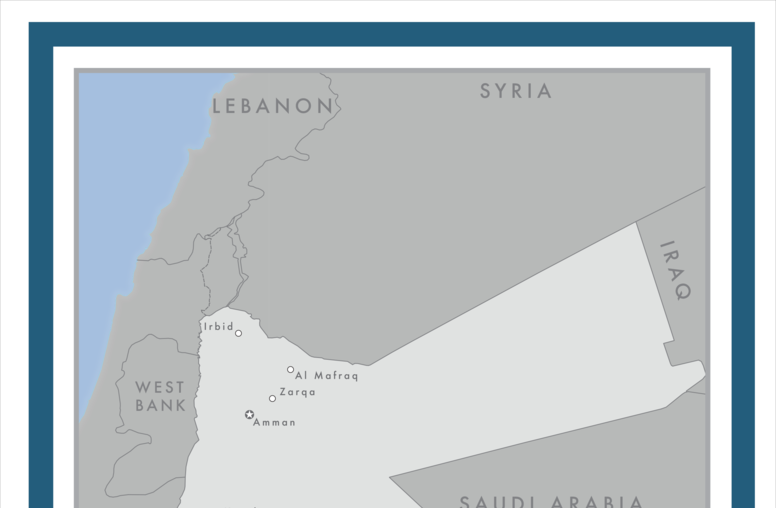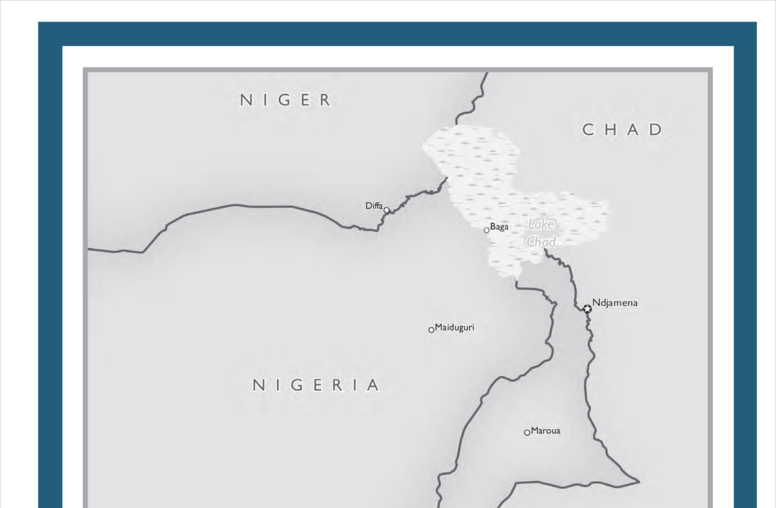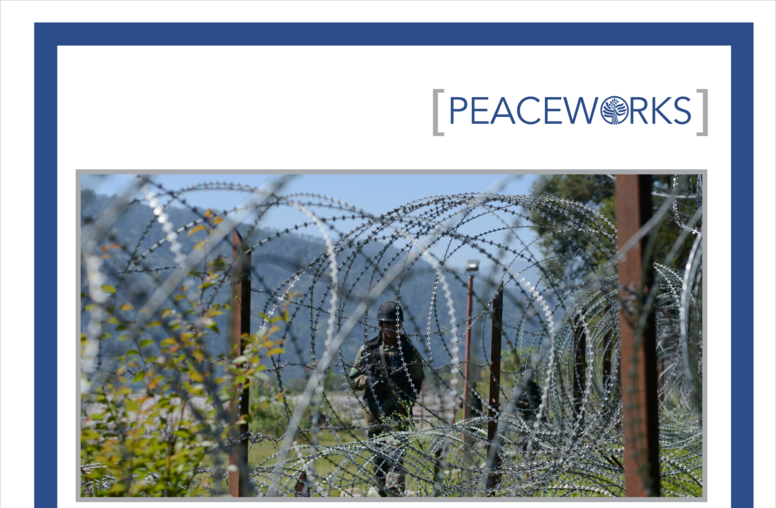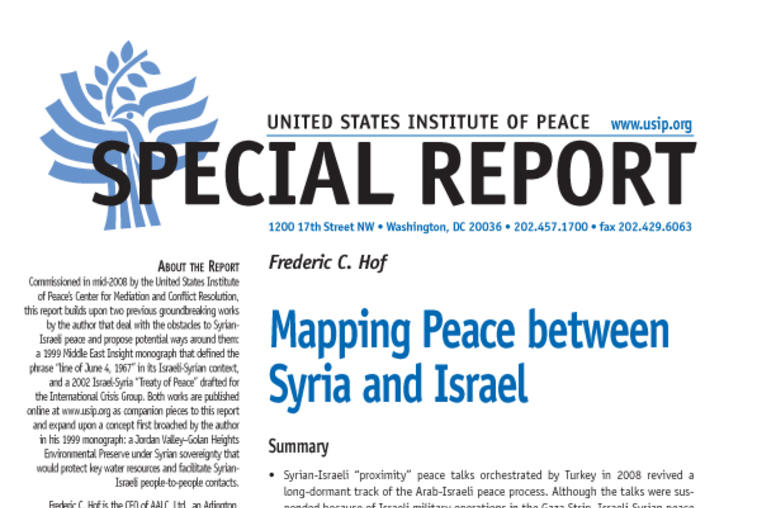Publications
Articles, publications, books, tools and multimedia features from the U.S. Institute of Peace provide the latest news, analysis, research findings, practitioner guides and reports, all related to the conflict zones and issues that are at the center of the Institute’s work to prevent and reduce violent conflict.
Question And Answer
Amid a Changing Global Order, NATO Looks East

Preserving Stability Amidst Regional Conflagration: US-Jordan 2011-2016
This series of case studies—Burma (2009-2015), Jordan (2011-2016), and the Lake Chad Region (2013-2016)—document efforts and draw lessons from where US government leaders believe deepening crises were staved off through collaborative inter-agency engagement. Part of USIP’s “3D Learning from Complex Crises” project, the cases provide programmatic and operational lessons from complex operating environments. These lessons support systemic integrated approaches to complex crises and will better equip individuals to share objectives when working in inter-agency environments.

Breaking Boko Haram and Ramping Up Recovery: US-Lake Chad Region 2013-2016
This series of case studies—Burma (2009-2015), Jordan (2011-2016), and the Lake Chad Region (2013-2016)—document efforts and draw lessons from where US government leaders believe deepening crises were staved off through collaborative inter-agency engagement. Part of USIP’s “3D Learning from Complex Crises” project, the cases provide programmatic and operational lessons from complex operating environments. These lessons support systemic integrated approaches to complex crises and will better equip individuals to share objectives when working in inter-agency environments.

Ceasefire Violations in Jammu and Kashmir: A Line on Fire
Ceasefire violations on the border between Pakistan and India and across the Line of Control in the Jammu and Kashmir region are both a product of broader bilateral tensions and a contributor to them. Drawn on field research and extensive interviews with both Indian and Pakistani officials and senior military figures, this report argues that ceasefire violations are generally not planned, directed, or cleared by higher military commands or political establishments, but are driven by the dynamics on the frontlines. The report explains these factors in context, offering recommendations on what could be done to better manage or even avoid both tensions and escalation of conflict.

Amb. Joseph Yun on the Latest with North Korea
With the diplomatic process between the U.S. and North Korea at a stalemate, Ambassador Joseph Yun discusses the key takeaways from this week’s inter-Korean summit and the improvement in North-South relations. For Washington and Pyongyang to move forward, Yun says the two sides need to first agree on a definition of, and process for, the denuclearization of the Korean Peninsula.

Patricia Kim on North Korea Diplomacy
Patricia Kim analyzes the failure of the Hanoi Summit. “China should lean in,” says Kim discussing the spectrum of tools Beijing has available from diplomacy to unilateral sanctions. In future negotiations, the U.S. should focus on “hammering out a clearly defined and time bound roadmap that ends with the de-nuclearization of North Korea.”

Moeed Yusuf on Imran Khan’s Visit to Washington
Following Khan’s visit with President Trump, Moeed Yusuf says that the two leaders appear to have a chemistry that could improve U.S.-Pakistan relations. Although the two countries have been at odds over the Afghan conflict, Yusuf says Trump and Khan indicated they would “work together to find ways to break the impasse on Afghanistan.”
Won’t You Be My Neighbor: Syria, Iraq and the Changing Strategic Context in the Middle East
Overall, Syria has marginally benefited from the war in Iraq at both the regional and international levels. After watching the U.S. military unseat the Baathist regime next door in 2003 with unprecedented speed, it looked to many observers—including some in Damascus—as if Syria would be next in line.
Iraq, its Neighbors, and the Obama Administration: Syrian and Saudi Perspectives
Since 2004, USIP's "Iraq and its Neighbors" initiative has sponsored track II dialogues and ongoing research on relations between Iraq and its six immediate neighbors. As part of this work, the Institute--in partnership with the Stimson Center--sponsored a bipartisan, independent, and unofficial Study Mission to Syria and Saudi Arabia in mid-January 2009. The delegation met with a wide variety of leading political figures, businesspeople, NGOs and foreign policy experts in both countries, inc...

Mapping Peace between Syria and Israel
Although the Palestinian-Israeli “track” of the Arab-Israeli dispute remains at the heart of the conflict between Israel and its neighbors, the very complexity of that track (Jerusalem, refugees, borders, etc.) has led some to consider the Israeli-Syrian track to be relatively simple and straightforward. While simple it is not and straightforward it is only in relative terms, the Syrian-Israeli conflict can indeed be settled without prejudice to the central act of the Arab-Israeli drama.
New Hopes for Negotiated Solutions in Colombia
Drawing from a series of conferences and events organized by USIP, this report examines the status of current peace initiatives in Colombia with the National Liberation Army (ELN) and the Colombian Revolutionary Armed Forces (FARC). It also assesses the paramilitary demobilization process and analyzes the role of local, national, and international third-party actors in each of these processes. The analysis reflects developments on the ground through the end of September 2007.